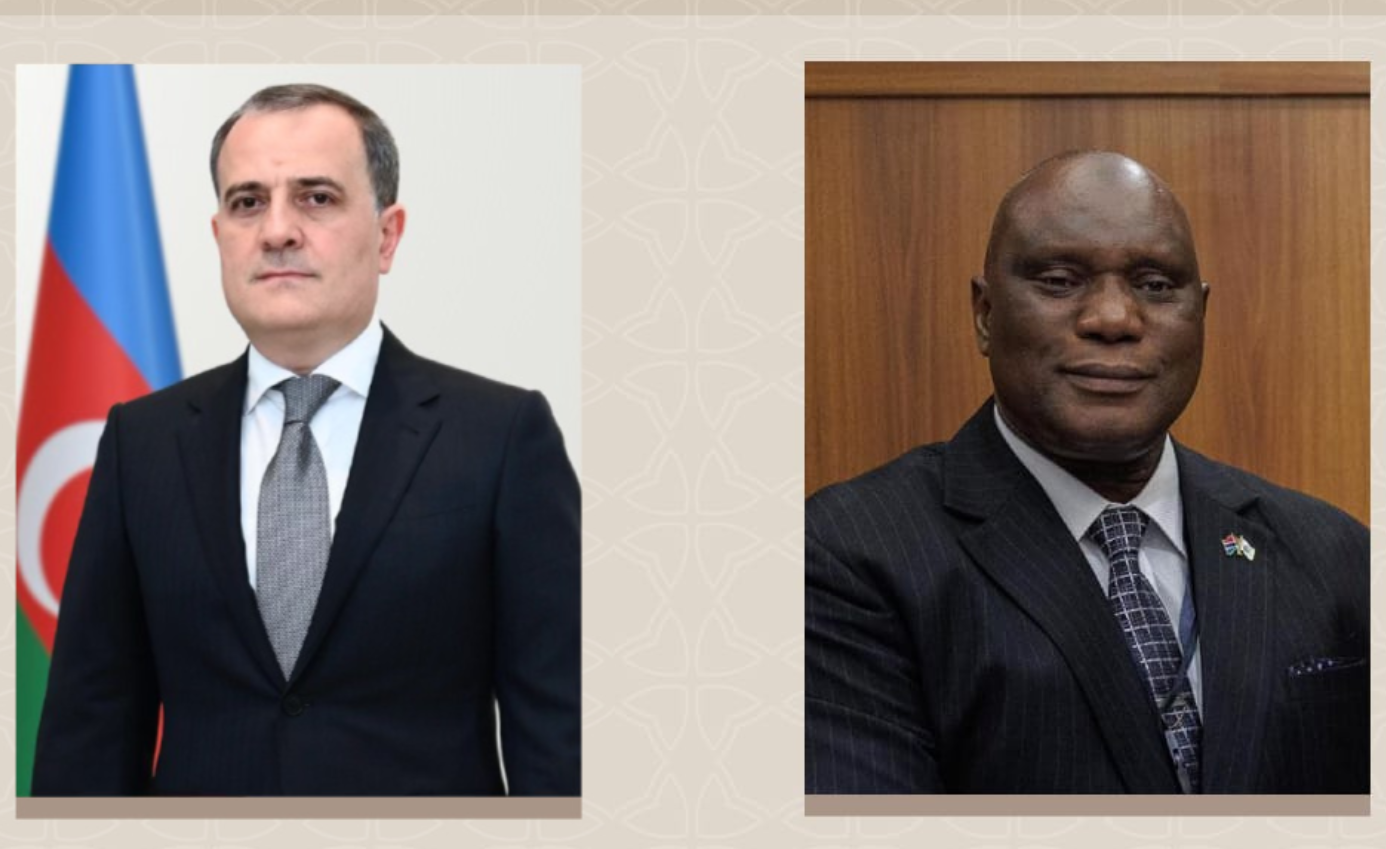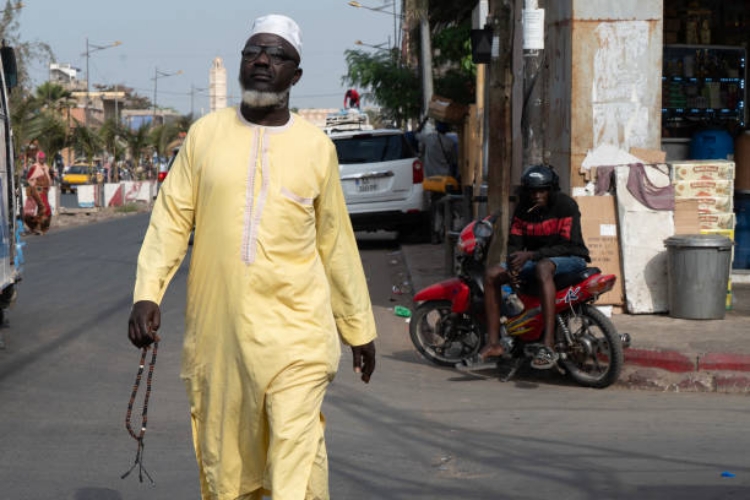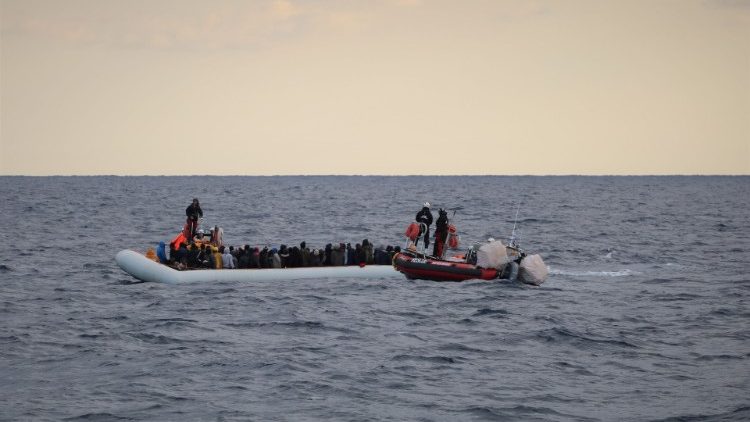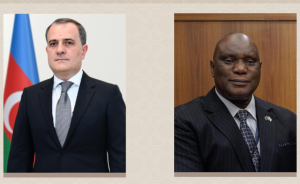Gambiaj.com – (BANJUL, The Gambia) – The International Organization for Migration (IOM) has joined forces with the governments of The Gambia and Mauritania to establish national systems for tracking migrant deaths and disappearances along the perilous routes linking Africa to Europe.
The initiative marks a historic first for West Africa, offering a coordinated regional response to one of the most pressing humanitarian crises of the modern migration era.
The project seeks to restore dignity and provide closure to families whose loved ones vanished during dangerous journeys across the Sahara Desert and the Atlantic Ocean.
It builds on IOM’s long-standing expertise in migration management and data collection on missing migrants, while bolstering the capacity of national and local institutions to coordinate cross-border responses.
Sylvia Ekra, IOM’s Regional Director for West and Central Africa, emphasized the human impact behind the data. “Empowering national and local governments while strengthening cross-border cooperation saves lives and restores hope to families who have waited too long for answers,” she said.
Over the past decade, IOM has recorded staggering numbers: more than 30,000 deaths in the Mediterranean, 5,000 along the Western African Atlantic route to Spain, and nearly 6,000 in the Sahara Desert.
Recent tragedies, such as the August 2025 shipwreck off Nouakchott that killed at least 69 people when an overcrowded pirogue capsized, underscore the urgency of the initiative.
The Gambia’s Minister of Foreign Affairs, International Cooperation, and Gambians Abroad, Hon. Sering Modou Njie, described the effort as a national priority.
“Preventing the loss of lives and ensuring families receive the answers they deserve are central to our approach,” he said, noting that the project complements The Gambia’s newly launched National Task Force on Missing Migrants and strengthens regional collaboration.
Through the program, both The Gambia and Mauritania will develop national systems to identify deceased migrants, investigate disappearances, and deliver answers to affected families. Training workshops and mentoring activities will enhance institutional capacity, enabling the countries to trace the missing, identify remains, and ensure that migrant deaths are neither forgotten nor ignored.
Fatma Mohamed Salem, Director of Borders, Refugee Migration, and Land Affairs at Mauritania’s Ministry of Interior, said the project would help address the ongoing humanitarian toll along the Atlantic migration route. “Our goal is to make visible the lives lost, support families searching for answers, and strengthen prevention efforts,” she remarked.
The initiative also includes coordination with the International Committee of the Red Cross (ICRC), the Argentine Forensic Anthropology Team, and national Red Cross and Red Crescent Societies.
Their contributions will focus on forensic identification, family tracing, and psychosocial support for bereaved families.
Funded by Switzerland’s Federal Department of Foreign Affairs (FDFA), the project forms part of IOM’s broader Missing Migrants Project, which since 2014 has maintained the world’s only open-access database documenting deaths during migration.
The initiative aligns with the Global Compact for Safe, Orderly, and Regular Migration, particularly its goal to save lives and improve international coordination on missing migrants.
Migration via the West Atlantic route has surged in recent years, with a 160 percent increase reported in 2023. In 2024 alone, Spanish authorities recorded nearly 47,000 arrivals in the Canary Islands, while Spanish NGO Caminando Fronteras estimated that more than 10,000 people died or went missing at sea.
Despite these alarming figures, collecting accurate data across Africa remains a major challenge due to linguistic diversity, limited media coverage, and low digitalization rates.
Most migrants in West and Central Africa remain within the continent, with over 77 percent of the region’s estimated 11.3 million migrants originating from neighboring African countries.
By equipping governments with tools to manage migration safely and humanely, the IOM-led initiative aims not only to document loss but also to prevent it.










